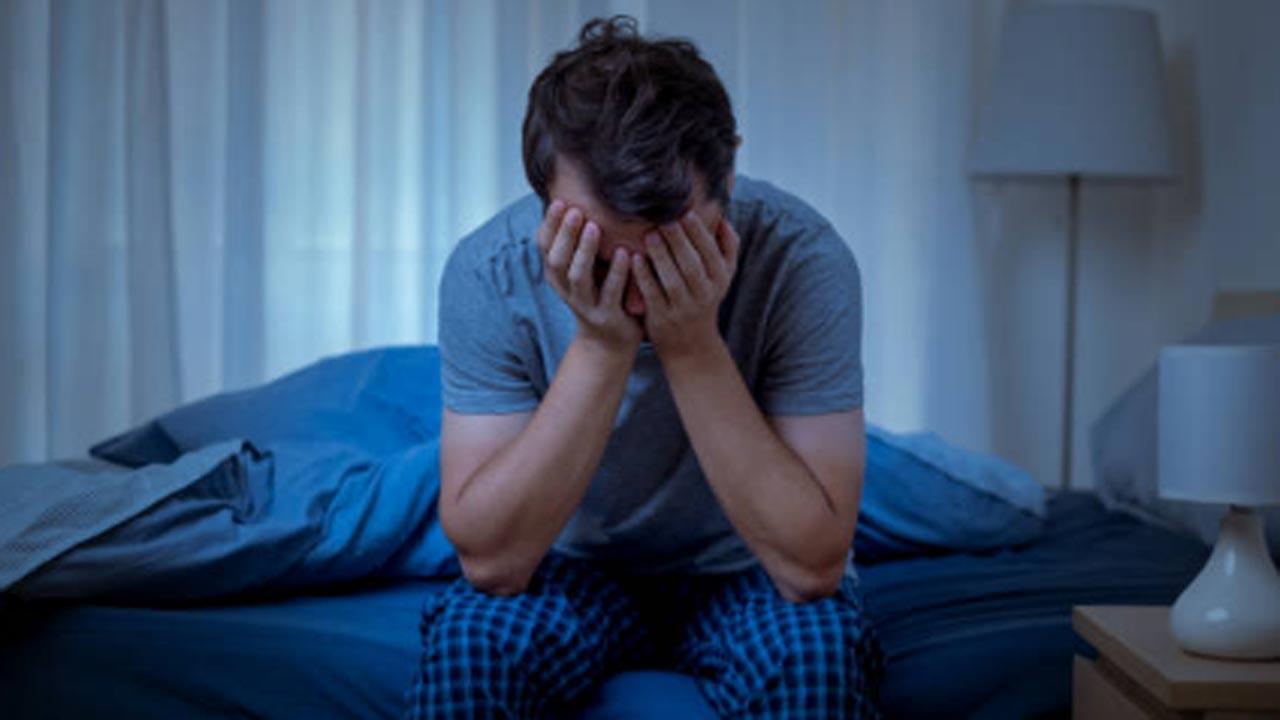
People who have sleep apnoea and spend less time in deep sleep may be more likely to have brain biomarkers that have been linked to an increased risk of stroke, Alzheimer`s disease and cognitive decline, according to new research.
The study, however, does not prove that these sleep disturbances cause the changes in the brain, or vice versa. It only shows an association.
The researchers from the Mayo Clinic found that for every 10-point decrease in the percentage of slow-wave sleep, there was an increase in the amount of white matter hyperintensities, a biomarker visible as tiny lesions on brain scans, similar to the effect of being 2.3 years older.
The same decrease was also associated with reduced axonal integrity, which forms the nerve fibres that connect nerve cells, similar to the effect of being three years older.
People with severe sleep apnoea had a higher volume of white matter hyperintensities than those with mild or moderate sleep apnoea. They also had reduced axonal integrity in the brain.
The researchers accounted for age, sex and conditions that could affect risk of brain changes, such as high blood pressure and high cholesterol.
The findings were published in the medical journal Neurology.
“These biomarkers are sensitive signs of early cerebrovascular disease,” said Diego Z. Carvalho, from the Mayo Clinic in Minnesota, and a member of the American Academy of Neurology.
“Finding that severe sleep apnoea and a reduction in slow-wave sleep are associated with these biomarkers is important since there is no treatment for these changes in the brain, so we need to find ways to prevent them from happening or getting worse.”
The study involved 140 people with obstructive sleep apnoea with an average age of 73 who had a brain scan and also an overnight study in a sleep lab.
The participants did not have cognitive issues at the start of the study and had not developed dementia by the end of the study.
A total of 34 per cent had mild, 32 per cent had moderate and 34 per cent had severe sleep apnoea.
“More research is needed to determine whether sleep issues affect these brain biomarkers or vice versa,” Carvalho said. “We also need to look at whether strategies to improve sleep quality or treatment of sleep apnoea can affect the trajectory of these biomarkers.”
Also Read: Dream interpreters reveal why we dream and what do they really mean
This story has been sourced from a third party syndicated feed, agencies. Mid-day accepts no responsibility or liability for its dependability, trustworthiness, reliability and data of the text. Mid-day management/mid-day.com reserves the sole right to alter, delete or remove (without notice) the content in its absolute discretion for any reason whatsoever
Stay connected with us on social media platform for instant update click here to join our Twitter, & Facebook
We are now on Telegram. Click here to join our channel (@TechiUpdate) and stay updated with the latest Technology headlines.
For all the latest Health & Fitness News Click Here
